(July 26, 2024) Entrepreneur Priyank Patel was honoured with the National Award for ‘Best Employer for Person with Disabilities’ in 2019 by the then President of India, Ram Nath Kovind. In 2020, he received the Helen Keller award from Mindtree and the National Centre for Promotion of Employment for Disabled People.
After completing his degree in electronics and communications engineering, Priyank worked a 9-to-5 job for a few years, first in Delhi and then in Pune. Although life was going well – just as one dreams – it felt as if something was missing. This led him to start Nukkad Tea Café, which not only positively transformed the lives of people from marginalised communities whom he employed but also enhanced his own satisfaction with life.
Nukkad Tea Café, with several branches in Raipur and Bhilai, employs hearing-impaired people, transgender individuals, dwarfs, people with intellectual disabilities, trafficking survivors and more. Through his venture Priyank has been able to convey a succinct message that everyone is integral to the society, even those often overlooked. By giving people with special needs a chance to prove themselves, his cafes manage to deliver a thought-provoking message in a happy ambience without compromising on the quality of the service. “Over the last 11 years, leading this venture has deeply transformed me both personally and professionally,” Priyank tells Global Indian.
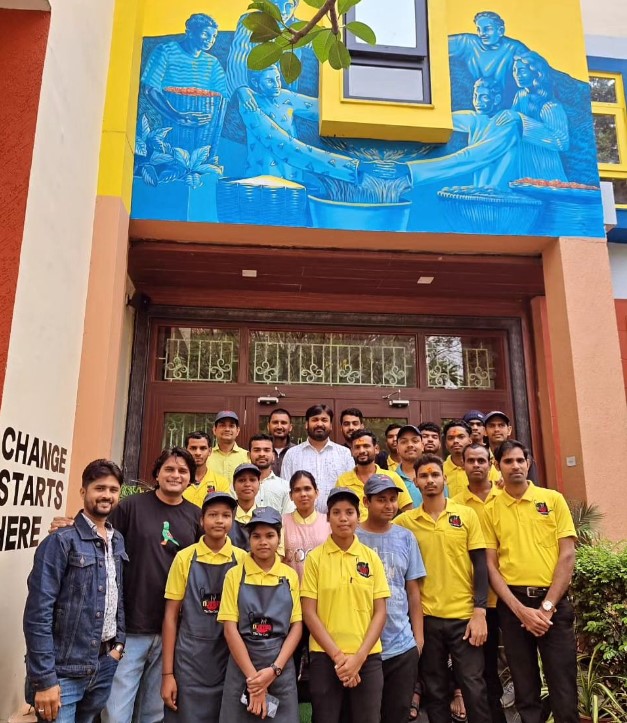
Priyank Patel with Nukkad team
The entrepreneur is expanding both the scale of the venture and its reach to marginalised communities. “We have already opened our vacancies for HIV-positive youth in existing branches and plan to work with elderly citizens in a full-blown cafe model in the coming months,” he informs.
The story of transition
Before venturing into social entrepreneurship, Priyank who has always been inclined towards giving back, spent a few hours on weekends volunteering for NGOs while working as an engineer. How am I helping society?” is a question that always kept ringing in his head.
During this time, he learned about the India Fellow Program, which annually selects 25 young people from across the nation to equip them to drive change.
The program includes training, mentorship, reflections, and hands-on work experience with grassroots organisations addressing social issues. For Priyank, who was primarily associated with the IT sector, being selected from numerous applicants across the country was a significant milestone.
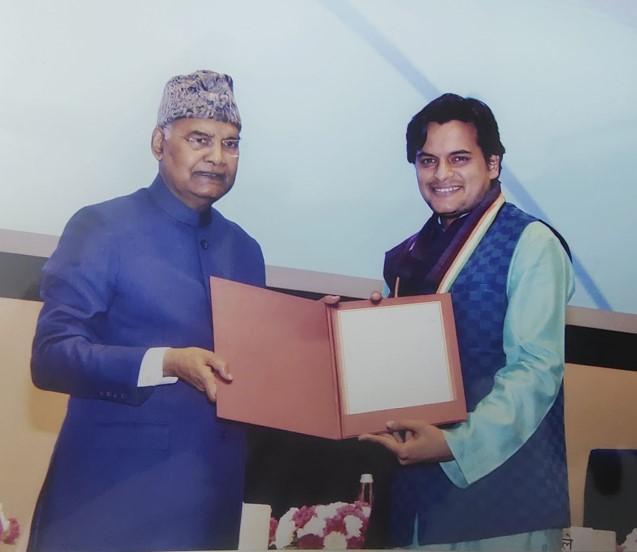
Priyank receiving award from President of India, Ram Nath Kovind in 2019
Once he joined the program, he was sent to a village in Maharashtra’s Ambegaon Taluka for a few days as part of a rural immersion exercise. “While walking through the village, a man invited me to his hut and introduced me to his young son, who was lying paralysed on a cot. The man explained that his son, once a talented cricket player, had suffered a sports injury during a district championship. Despite their best efforts, the doctors said there was nothing more they could do.” The old man asked if Priyank could help in any way.
It was a heart-wrenching situation for Priyank, as he felt helpless to even provide hope. This experience further sparked his desire to help people in need.
Empowerment through employment
Inspired by the experiences of his fellowship, Priyank gained an understanding that every member of a lower-income family needs to contribute financially. He realised that physically challenged members often become a burden to their families. This led him to come up with the idea of starting Nukkad Tea Café to provide job opportunities for physically challenged individuals.
“Government job options are limited and reserved, while the private sector offers few opportunities to these individuals.” To create a momentum for change, he started Nukkad Café in 2013 hoping that more people in the private sector would be encouraged to create such opportunities.
In the past 11 years, Nukkad Tea Café branches have focused on empowering families with physically challenged members from different marginalised communities, providing them with employment opportunities, and creating a space for their growth and integration.
View this post on Instagram
Breaking barriers
For his social venture, Priyank specifically chose the idea of a café, because he believes that it’s a place where people spend leisure time and are open to considering other aspects of society. His goal was to drive-in the point in a happy and comfortable environment, where people with disabilities and marginalised communities could be integrated. “The setup of a café allows people to learn about, appreciate, and understand that the kind of people serving them are capable, and should be given a chance,” he says.
This approach also helps build self-respect for the individuals of marginalised communities and enhances their credibility in society, he believes. He is happy that his idea has yielded success.
When he was opening a branch in Bhilai, while employing the transgender community, Priyank was slightly doubtful of them being accepted by the customers. However, he was happy to find that young people embraced the transgender members and sought to understand their stories, as they had not mingled with such people before. Creating a space for such interactions was satisfying for the entrepreneur. “We never thought trans people could be so loving,” they remarked. Their reaction boosted the entrepreneur’s confidence and he went ahead and employed people with down syndrome, and trafficking survivors.
Making the model work
Priyank employs several strategies that contribute to the success of his unique business model at his cafés. Firstly, he emphasises the learning of sign language by all staff, regardless of hearing ability, to ensure seamless communication.
“Even kitchen staff are expected to grasp sign language within six months of joining. The menu card for customers includes codes in sign language, enabling them to order easily when served by deaf staff.”
“We have introduced a Buddy Training program where the senior employees assist the new joiners to understand the culture and work ethics of Nukkad while being accountable for the learning and growth of the new employee,” Priyank tells adding. “I myself have enrolled in the DEIA Catalyst program to be more efficient in developing Nukkad as an all-inclusive work space for PwDs and marginalised community members.
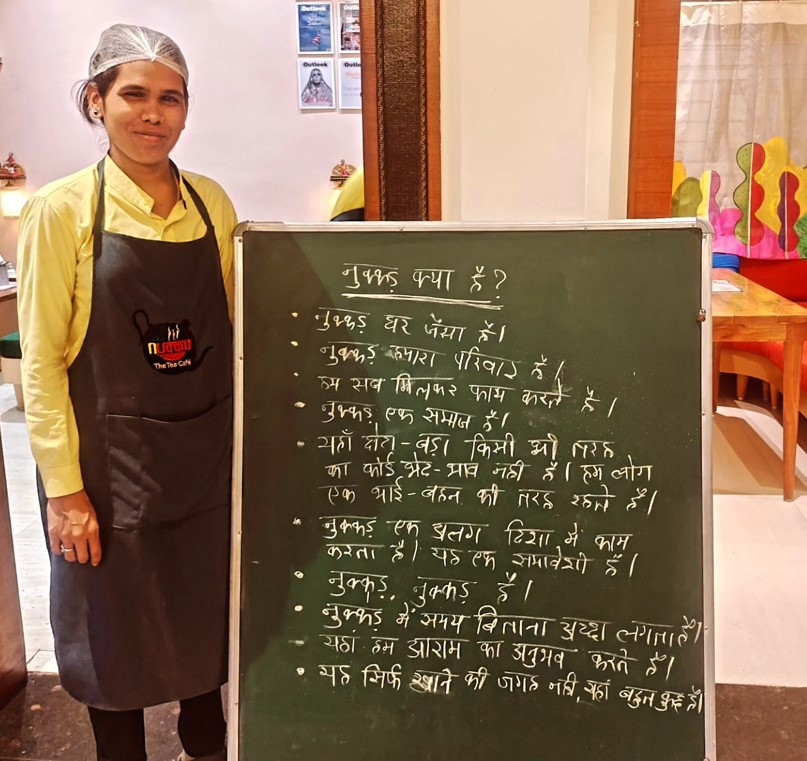
His employees work in a warm, welcoming environment and since they enjoy what they do, there are low attrition rates. “As there are limited job opportunities and chances to prove their capabilities, our staff exhibit great zeal, loyalty, and a strong desire to build a positive reputation for themselves and people like them,” the entrepreneur says.
Starting from one outlet, Nukkad Tea Café is now a chain of four cafes – three in Raipur and one in Bhilai. Giving employment to more than 70 members of the marginalised community Priyank is working with the mission to let people know that those who are born special are skilled enough, and their skills should not go in vain.
New initiatives
Since creating a sense of sympathy cannot lead to continued business growth, to make the business model successful Priyank and his team regularly curate interesting events at their cafés so that the customers remain tempted to walk-in again and again.
Priyank has been exploring more avenues for people to engage with Nukkad and has started a coworking space within a cafe in Raipur. “We encourage freelancers, artists and others to avail a co-creative work space which is available on daily, weekly and monthly rental basis,” he says.
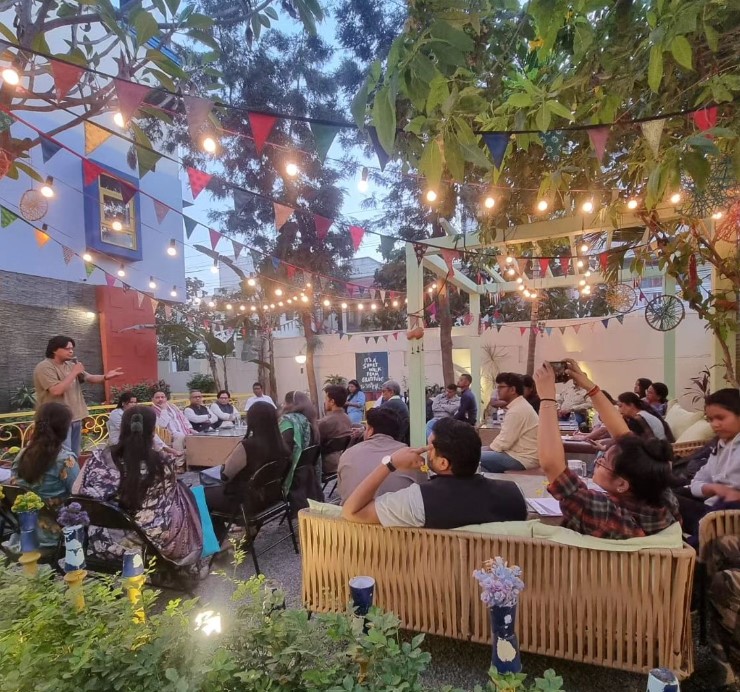
Priyank Patel and guests at a Nukkad event
He is also developing a recently popular business model, the asset-light QSR model, which focuses on a limited but fast-selling menu while employing PwDs. “With Nukkad’s branding and expertise, we are certain it will attain success,” the entrepreneur remarks.
By creating employment for marginalised communities, Priyank Patel is not just giving them an opportunity to earn a living, but also self-respect and identity. He is also reducing barriers between the marginalised segments and the larger society.
- Follow Priyank Patel on LinkedIn, Instagram and Facebook
- Follow Nukkad Tea Cafe on Instagram and Facebook



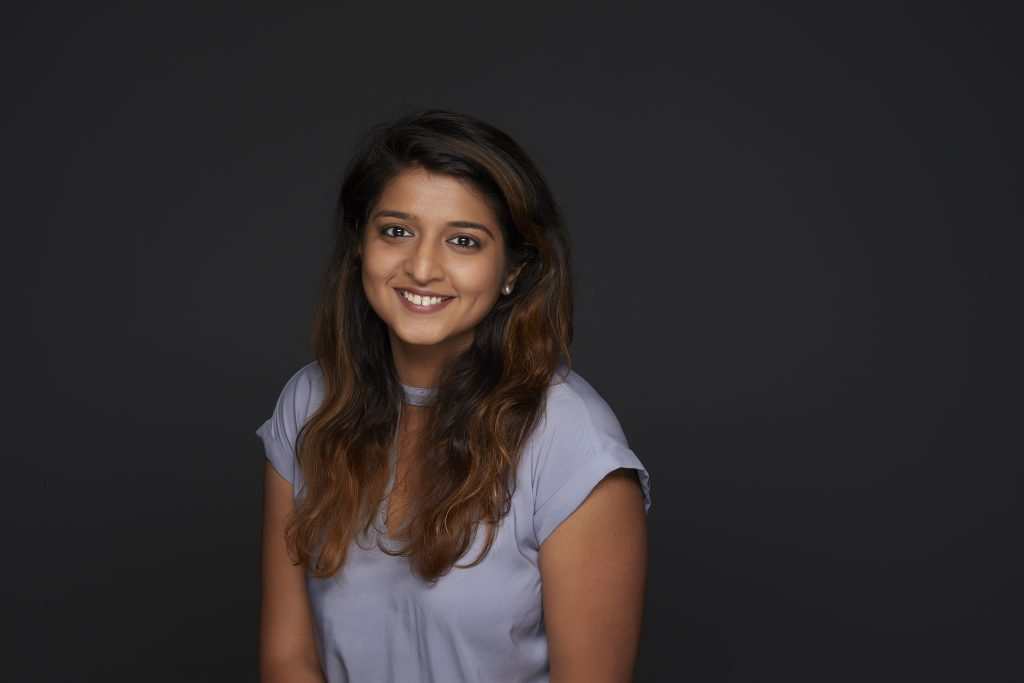 Shweta Gulati[/caption]
Shweta Gulati[/caption]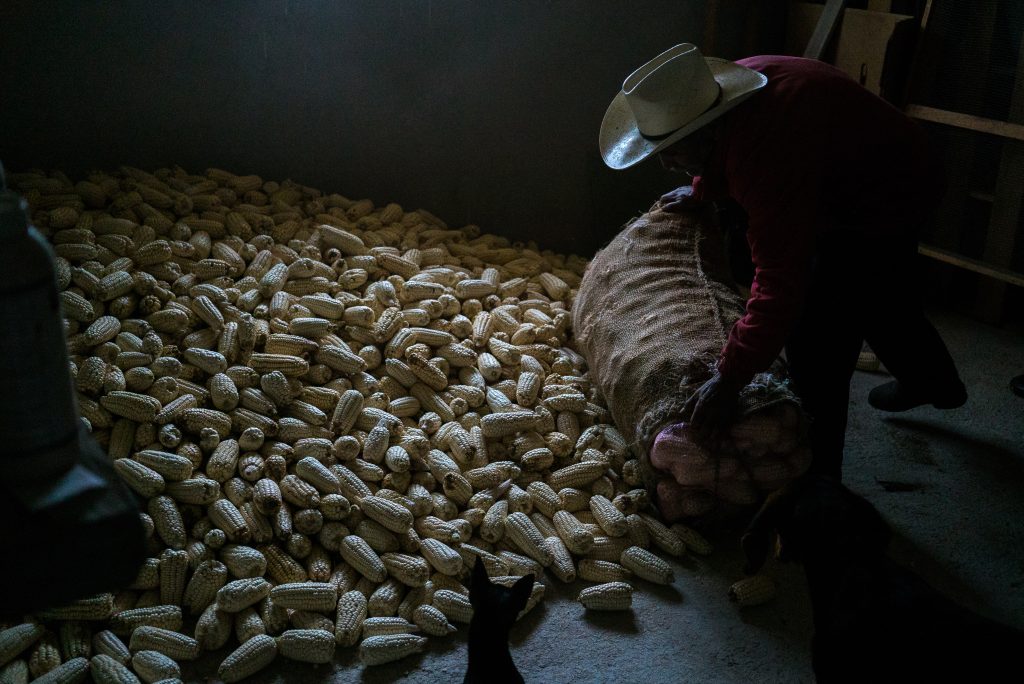 "My father taught me to cultivate corn at a young age, my father planted lots of corn, so that mom can make tortillas for the family," - A photo by Shweta Gulati[/caption]
"My father taught me to cultivate corn at a young age, my father planted lots of corn, so that mom can make tortillas for the family," - A photo by Shweta Gulati[/caption]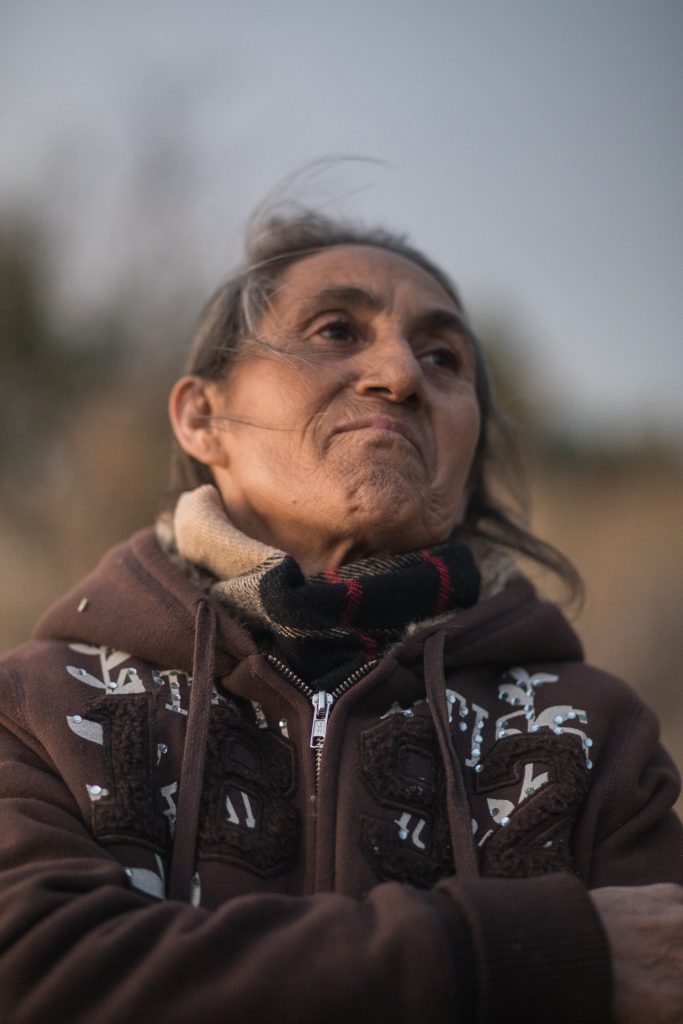
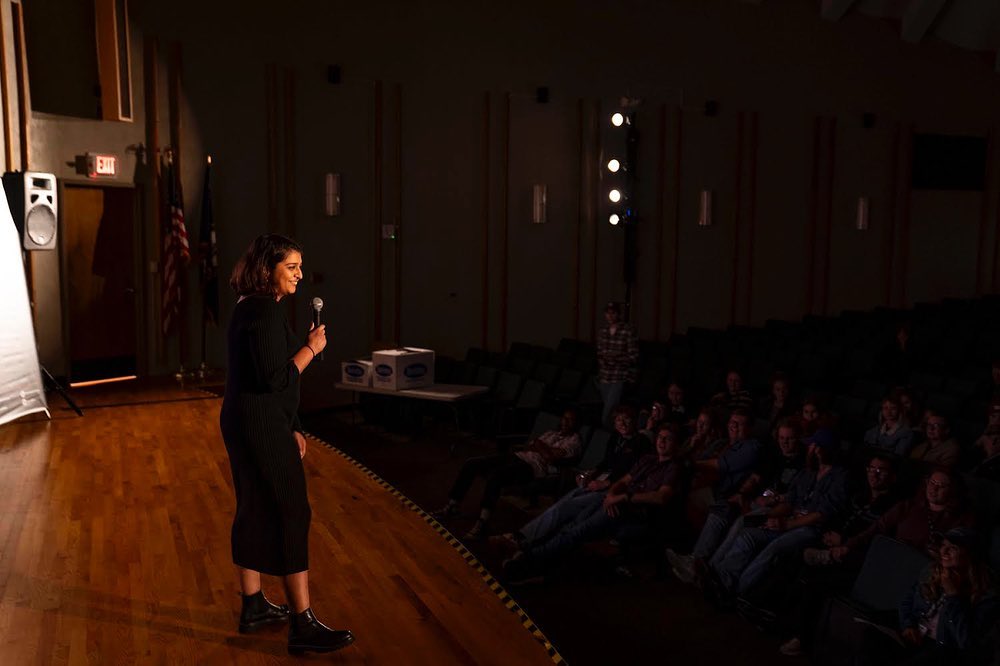 A workshop by Shweta Gulati[/caption]
A workshop by Shweta Gulati[/caption]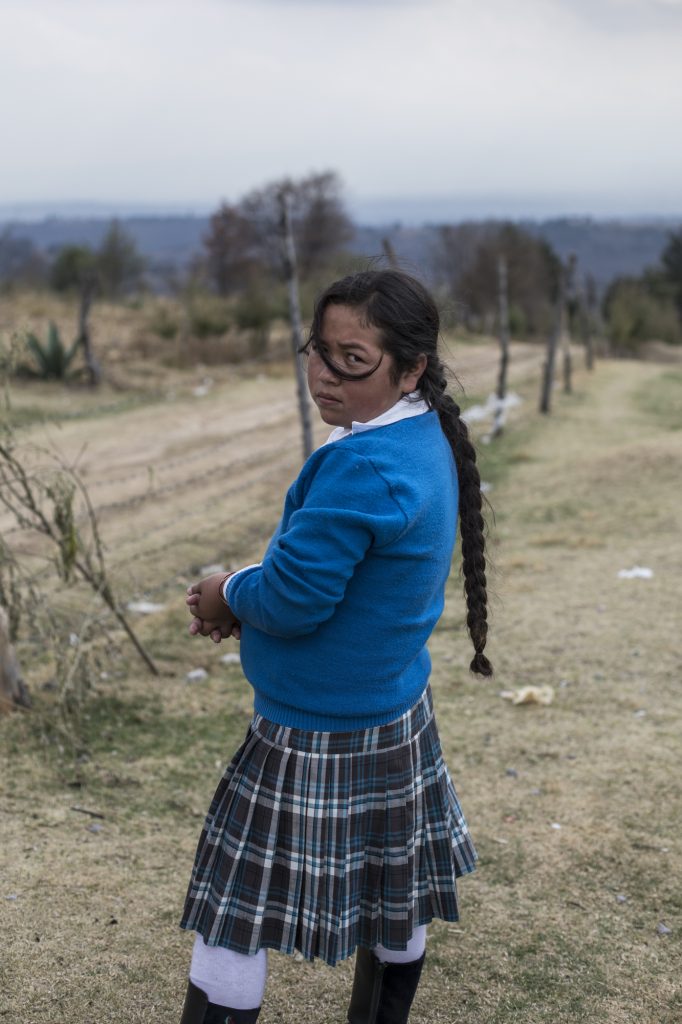
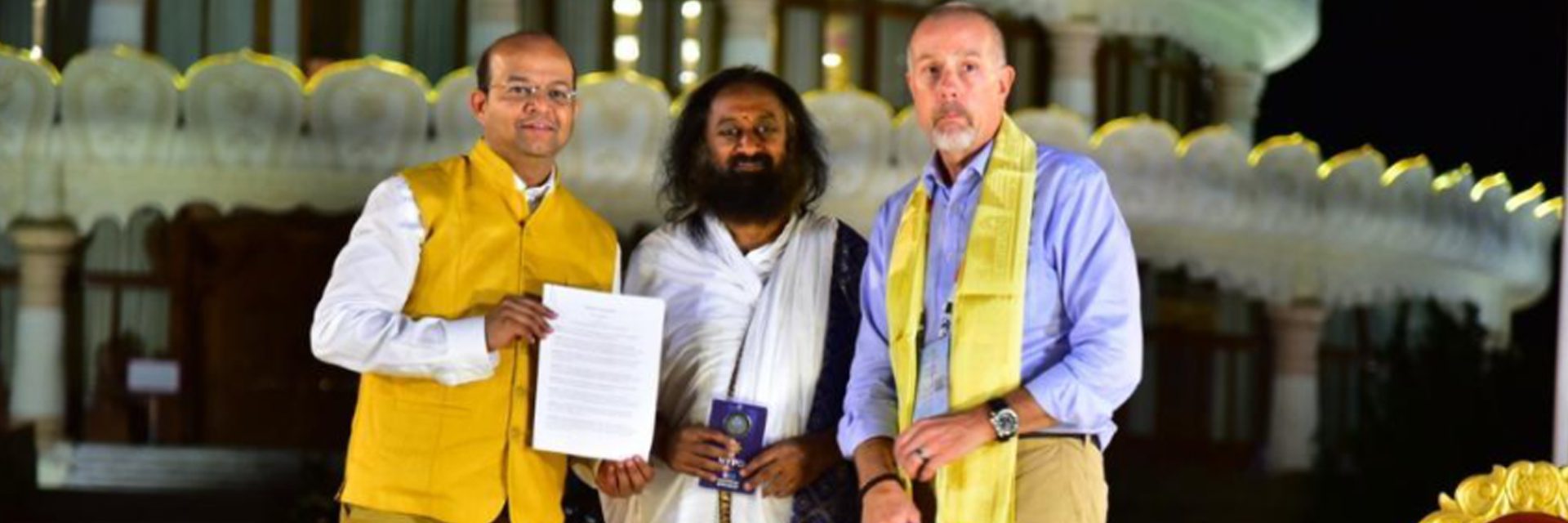
 The 2018 premiere of From India With Love’ at Paramount Studios, by the Community Relations Division of the LAPD[/caption]
The 2018 premiere of From India With Love’ at Paramount Studios, by the Community Relations Division of the LAPD[/caption]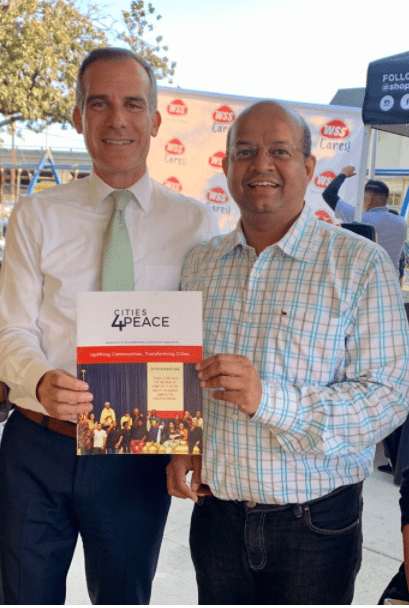 With Eric Garcetti, Mayor of Los Angeles[/caption]
With Eric Garcetti, Mayor of Los Angeles[/caption]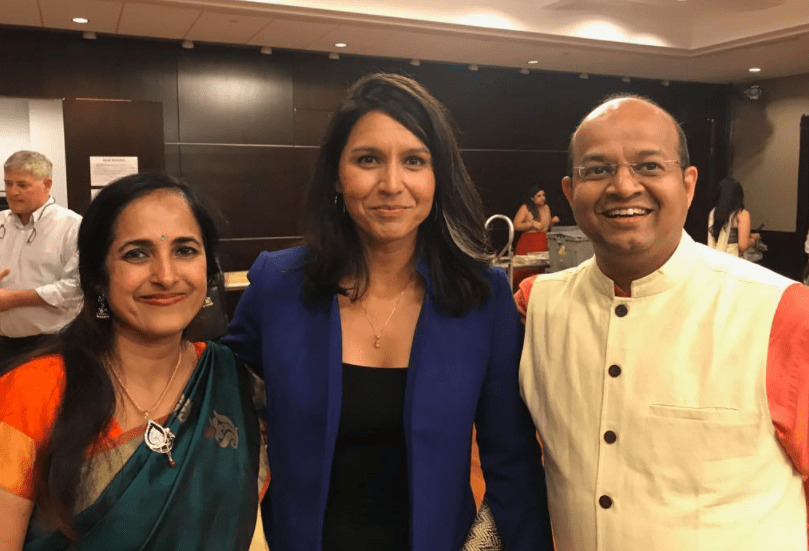 Receiving the Hindu American Foundation award from Democrat Tulsi Gabbard[/caption]
Receiving the Hindu American Foundation award from Democrat Tulsi Gabbard[/caption] With Cheryl Lawson and her father, Rev. Bill Lawson - Civil Rights Leader and friend of Dr. King[/caption]
With Cheryl Lawson and her father, Rev. Bill Lawson - Civil Rights Leader and friend of Dr. King[/caption]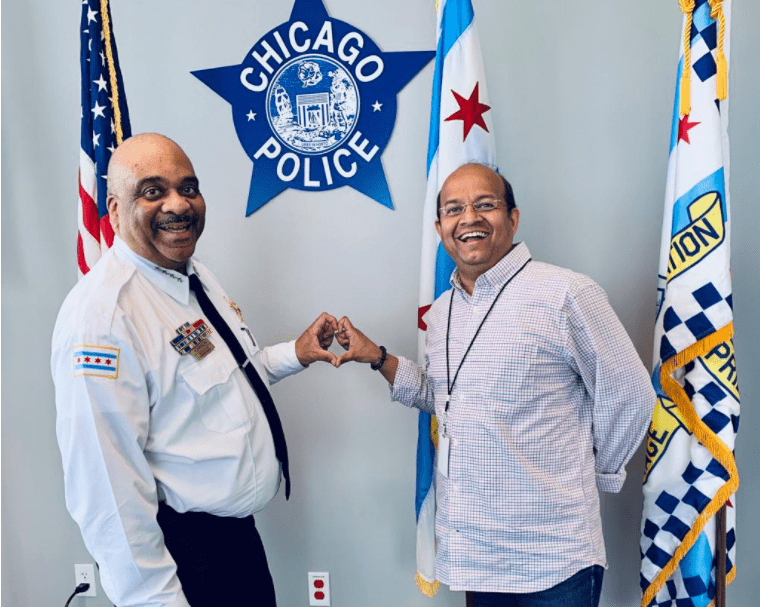

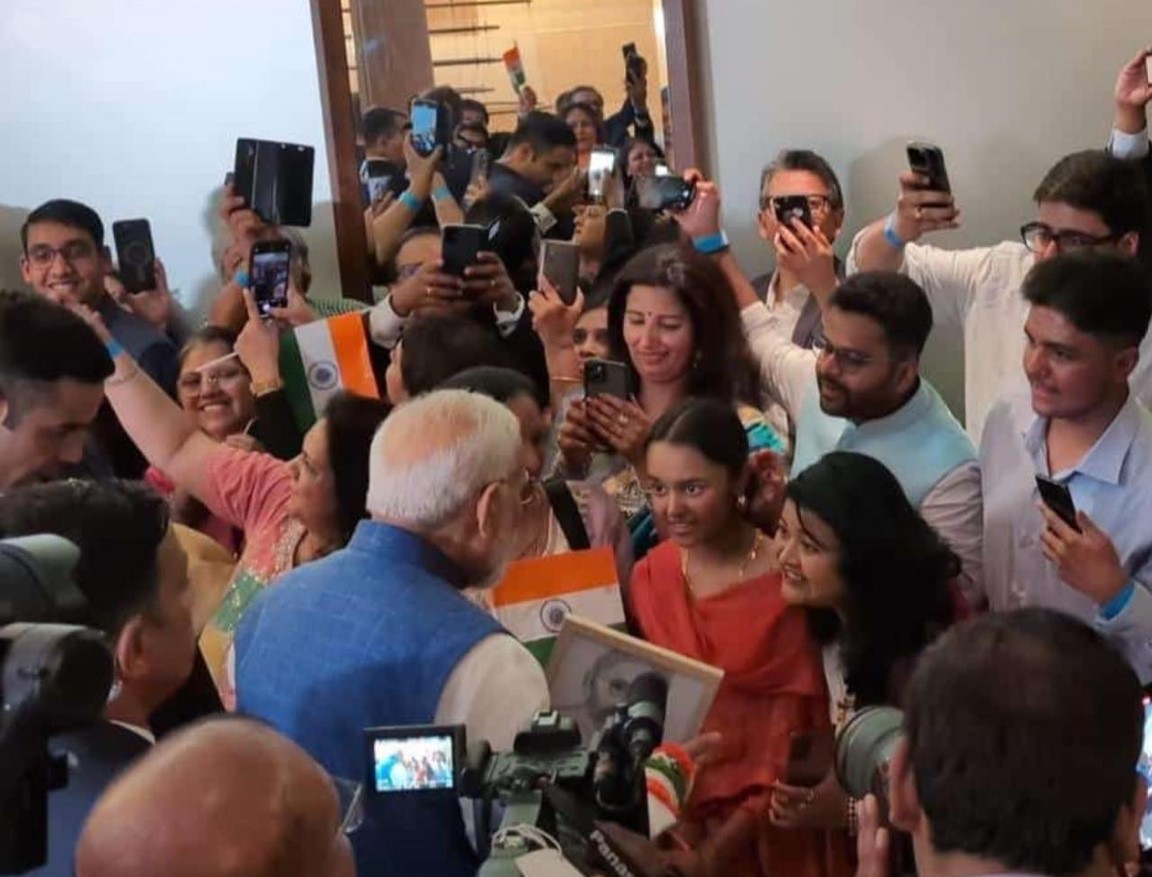 Indians expats during Modi's Austria visit | Image credit: An Austria resident[/caption]
Indians expats during Modi's Austria visit | Image credit: An Austria resident[/caption]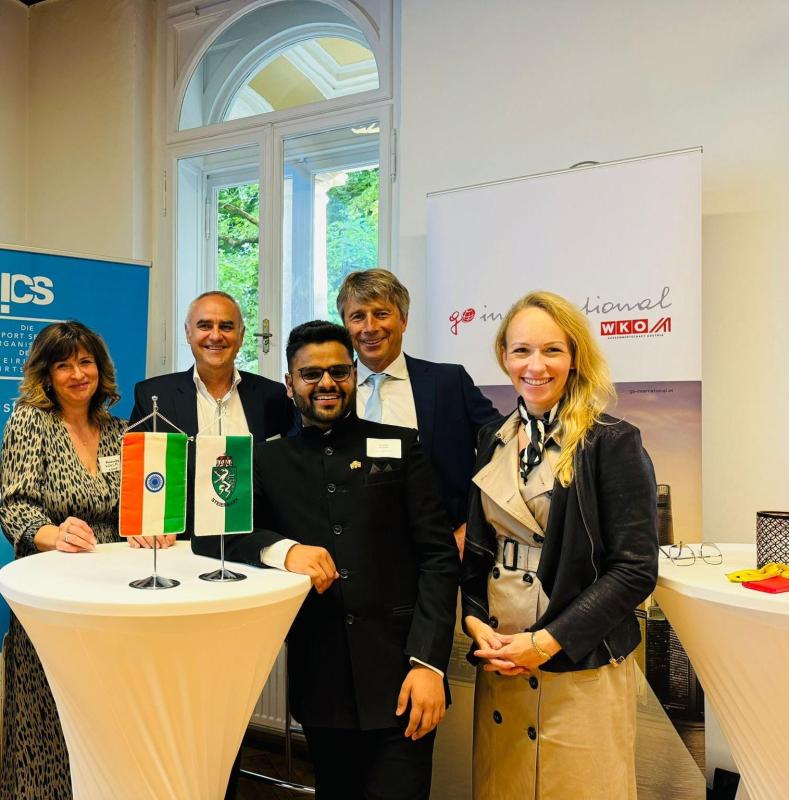 Shankar at New Indian Economic community meeting in Graz, Austria[/caption]
Shankar at New Indian Economic community meeting in Graz, Austria[/caption]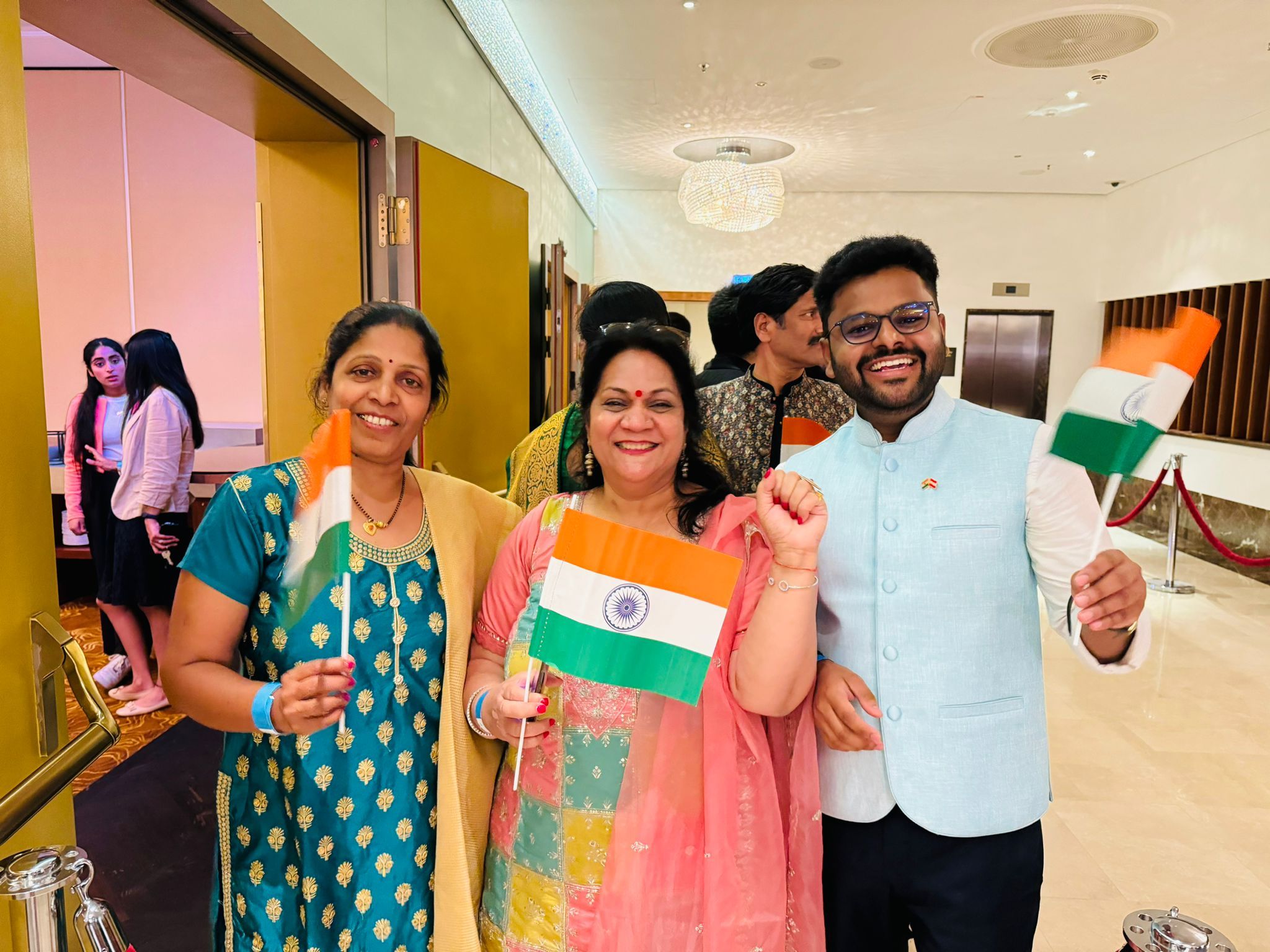 Shankar with other Indians expats during Modi's Austria visit[/caption]
Shankar with other Indians expats during Modi's Austria visit[/caption]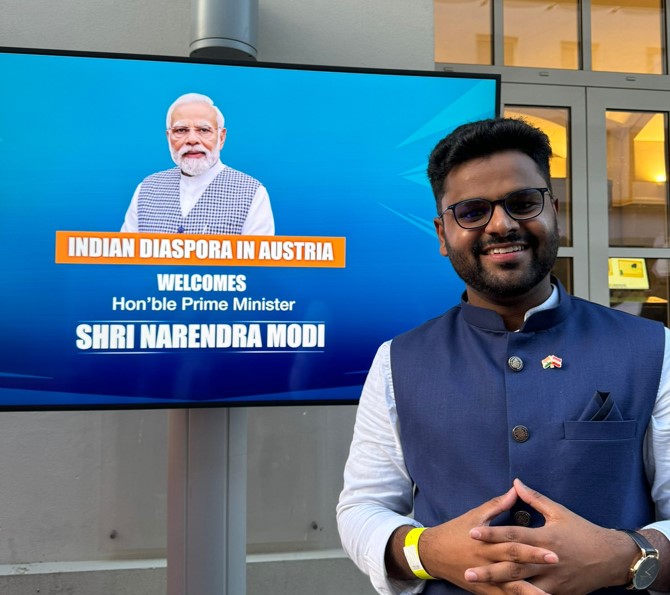 Shankar at the venue of Modi's interaction with Indian expats in Austria[/caption]
Shankar at the venue of Modi's interaction with Indian expats in Austria[/caption]
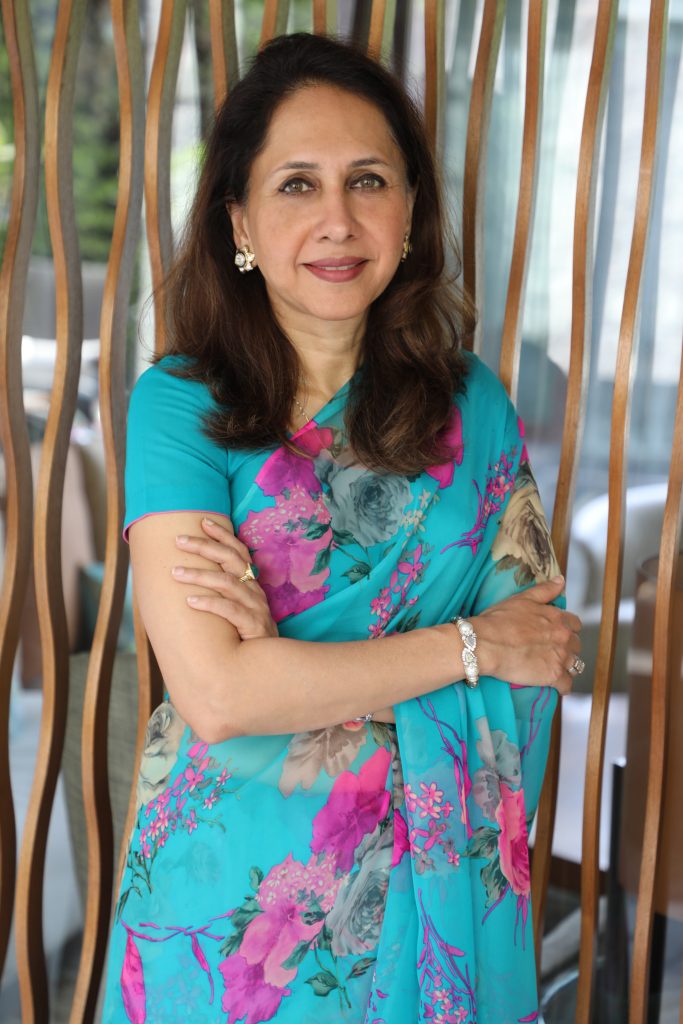 Image courtesy: Deepikka Jindal[/caption]
Image courtesy: Deepikka Jindal[/caption]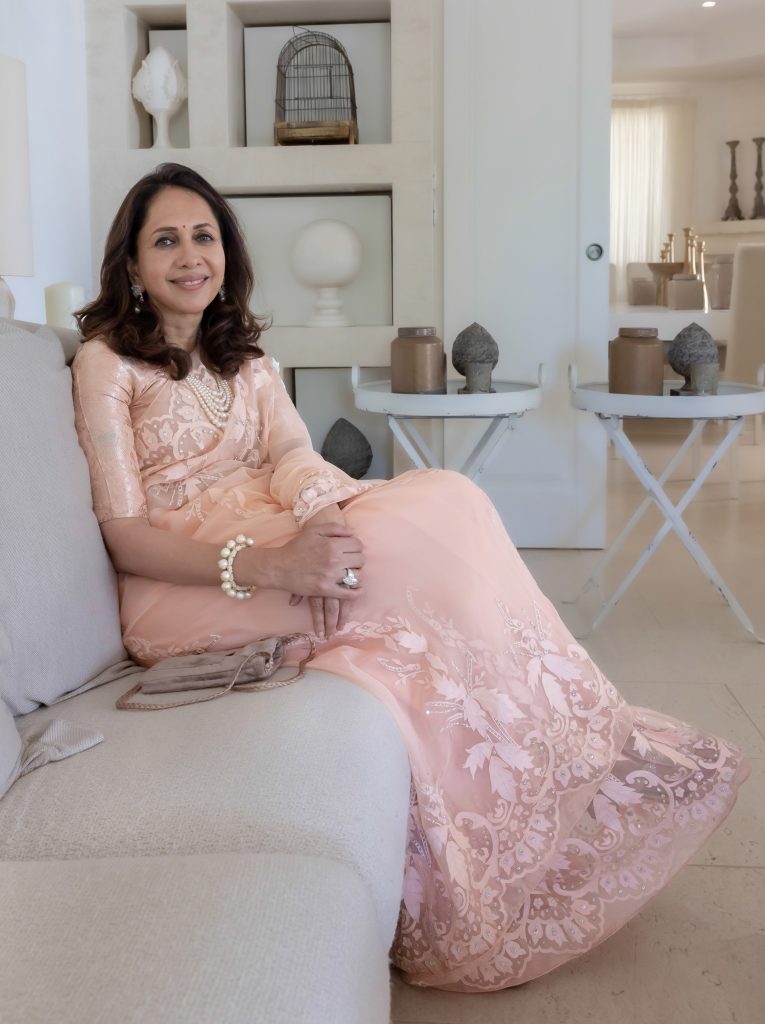
 Tiara Centerpiece by Arttd'Inox[/caption]
Tiara Centerpiece by Arttd'Inox[/caption]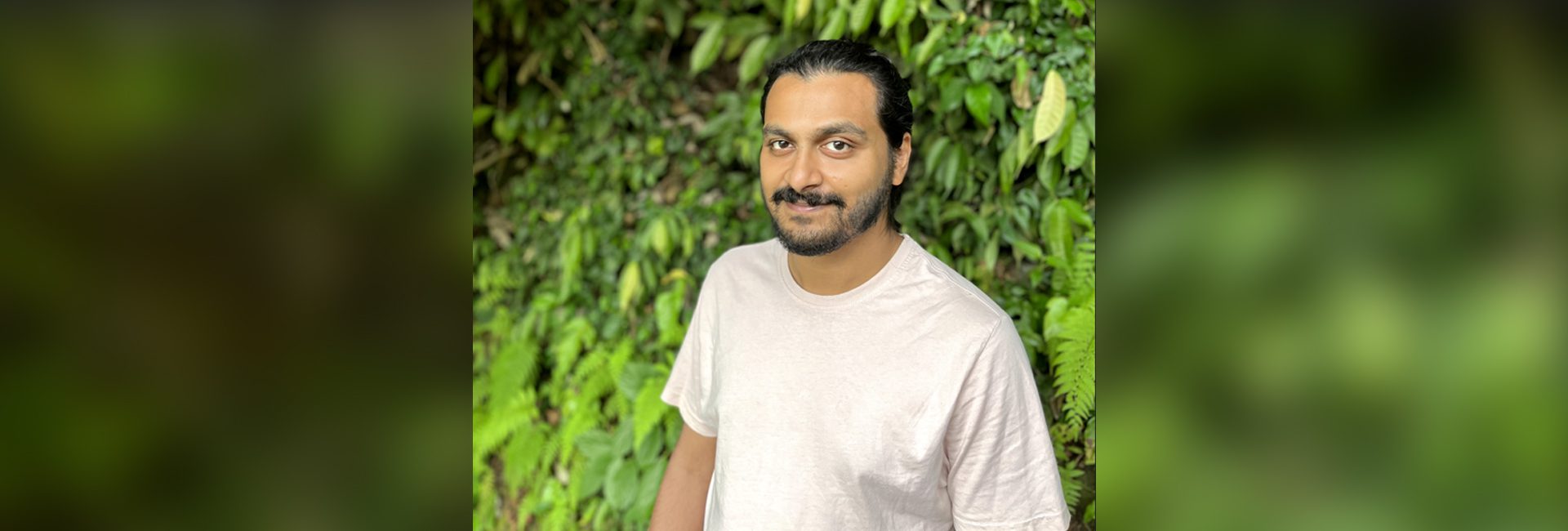
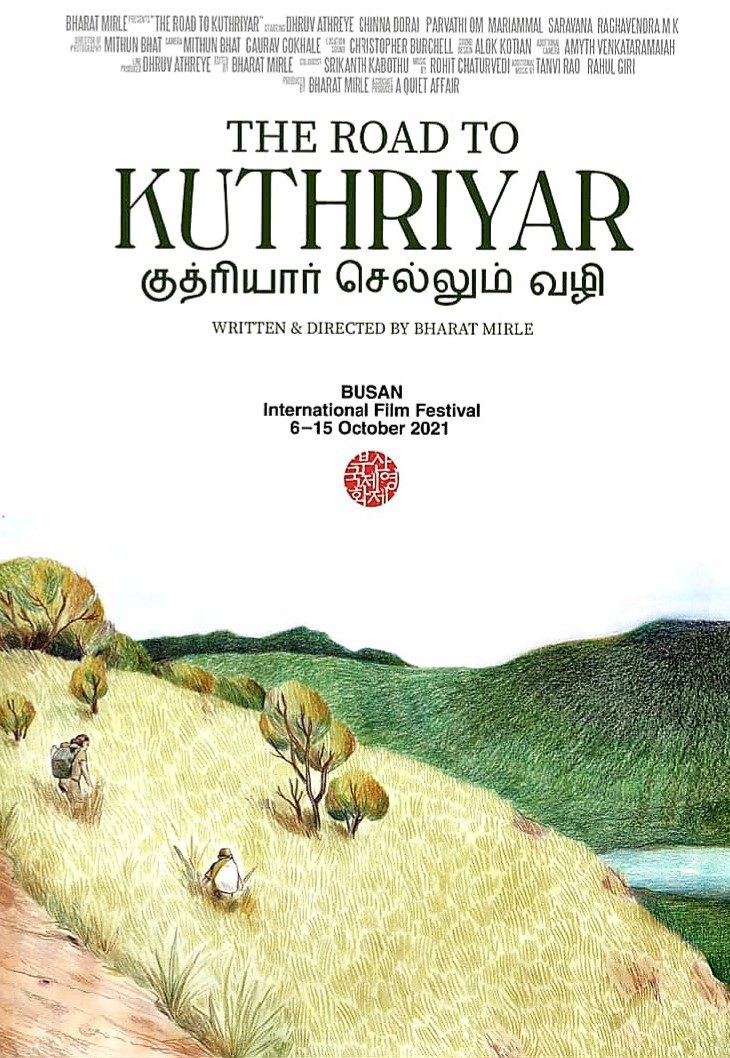
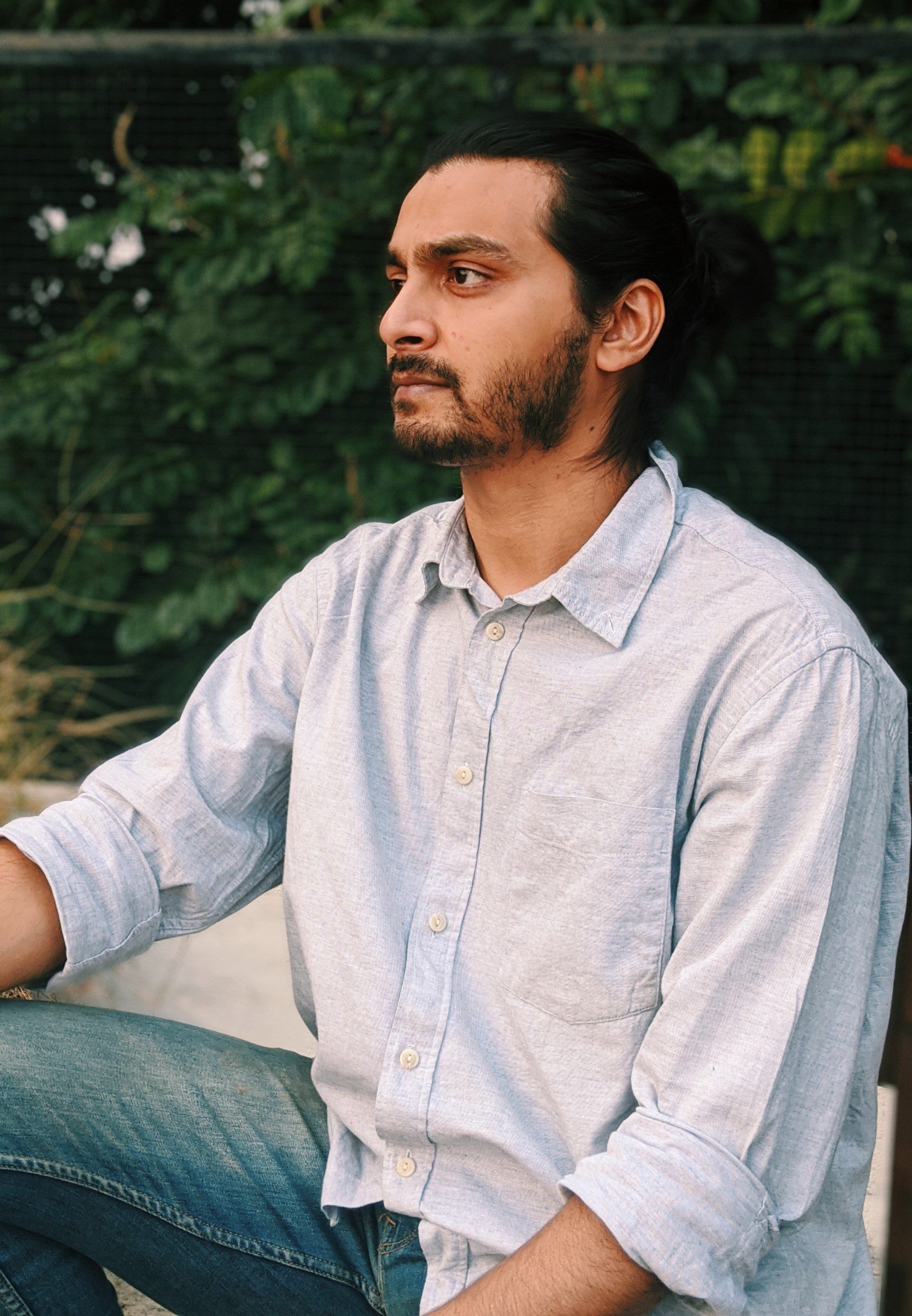 Bharat Mirle[/caption]
Bharat Mirle[/caption]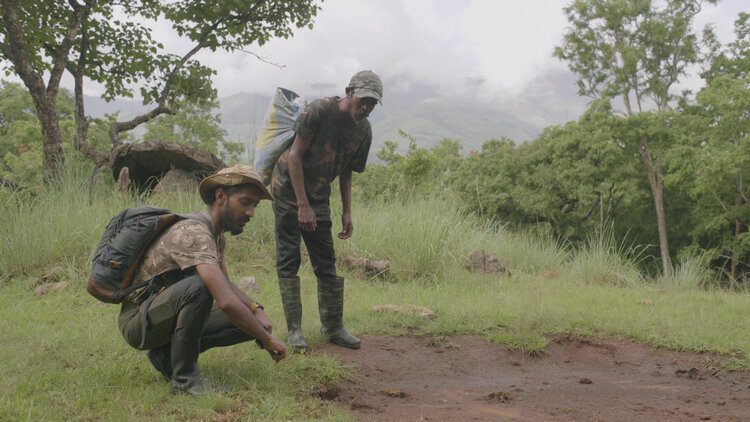 A still from the film with Dhruv Athreye (left)[/caption]
A still from the film with Dhruv Athreye (left)[/caption]